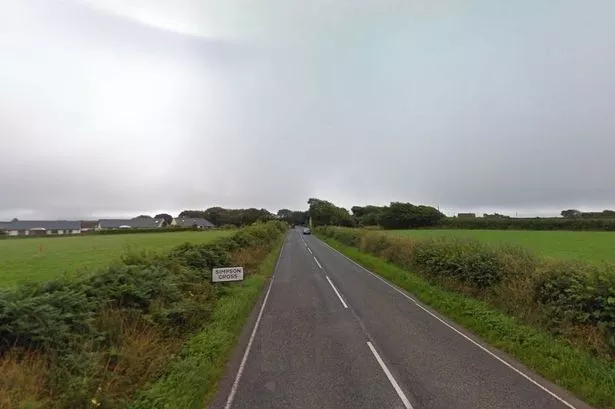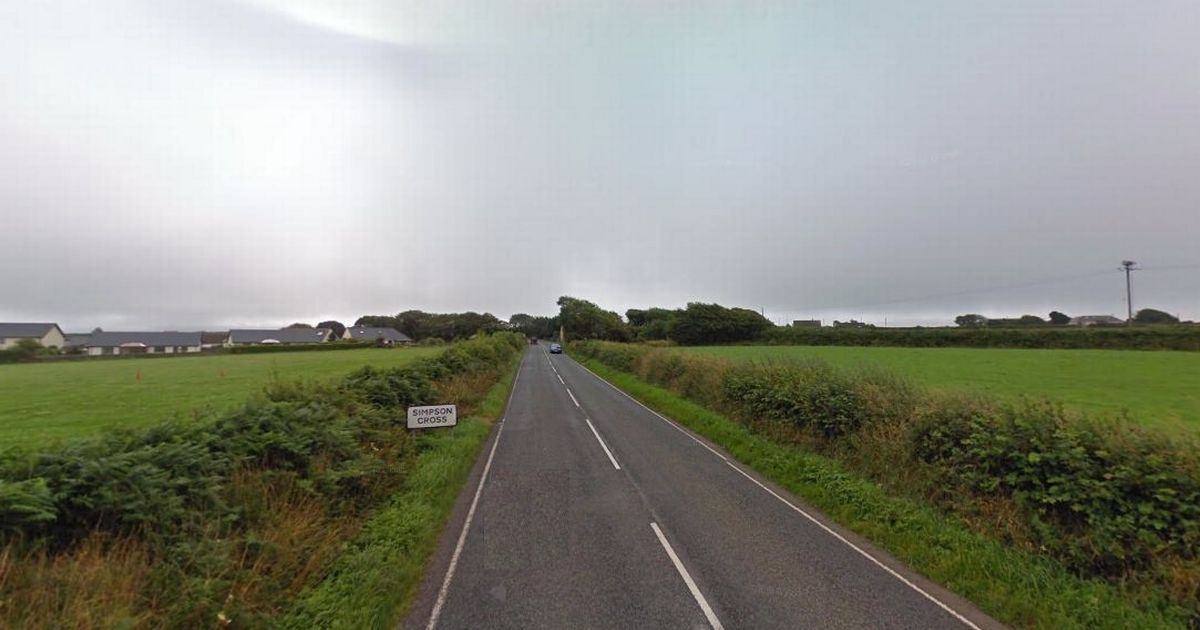Lily Ann Wilson died at her home in Pembrokeshire after emergency services responded to a report of a 10-year-old female in cardiac arrest
16:58, 14 Jul 2025Updated 17:04, 14 Jul 2025
 The village of Simpson Cross in Pembrokeshire(Image: Google)
The village of Simpson Cross in Pembrokeshire(Image: Google)
An inquest has been opened into the death of a 10-year-girl who died suddenly at her home in west Wales. Emergency services were called to an address in Simpson Cross, around six miles from Haverfordwest in Pembrokeshire, during the early hours of May 27.
Sadly, Lily Ann Wilson, aged 10, was declared dead at the scene. An inquest into her death was opened at County Hall in Haverfordwest on Monday morning by Paul Bennett, the assistant coroner for Carmarthenshire and Pembrokeshire.
At the hearing, a short statement was read by PC Carrie Sheridan, the coroner’s officer for Pembrokeshire. She said: “At 4.17am on May 27, emergency services attended a report of a 10-year-old female in cardiac arrest inside a residential property in Simpson Cross.
“The female was declared dead at the scene. A post-mortem was carried out at the University Hospital of Wales in Cardiff, the result of which is still pending. Dyfed-Powys Police has launched a full investigation and enquiries are ongoing.”
Assistant coroner Mr Bennett adjourned the inquest until November 27. Don’t miss a court report by signing up to our crime newsletter here
Following Lily’s death, a friend of the family set up a fundraising page to support the family and to try and fund the installation of a defibrillator in Simpson Cross. So far, more than £15,000 has been raised. You can still donate by visiting the Just Giving page here.
Why we cover inquests – and why it’s so important that we do
As painful as these proceedings are for those who have lost a loved one the lessons that can be learned from inquests can go a long way to saving others’ lives.
The press has a legal right to attend inquests and has a responsibility to report on them as part of their duty to uphold the principle of open justice.
It’s a journalist’s duty to make sure the public understands the reasons why someone has died and to make sure their deaths are not kept secret. An inquest report can also clear up any rumours or suspicion surrounding a person’s death.
But, most importantly of all, an inquest report can draw attention to circumstances which may stop further deaths from happening.
Should journalists shy away from attending inquests then an entire arm of the judicial system is not held to account.
Inquests can often prompt a wider discussion on serious issues, the most recent of these being mental health and suicide.
Editors actively ask and encourage reporters to speak to the family and friends of a person who is the subject of an inquest. Their contributions help us create a clearer picture of the person who died and also provides the opportunity to pay tribute to their loved one.
Often families do not wish to speak to the press and of course that decision has to be respected. However, as has been seen by many powerful media campaigns, the input of a person’s family and friends can make all the difference in helping to save others.
Without the attendance of the press at inquests questions will remain unanswered and lives will be lost.
